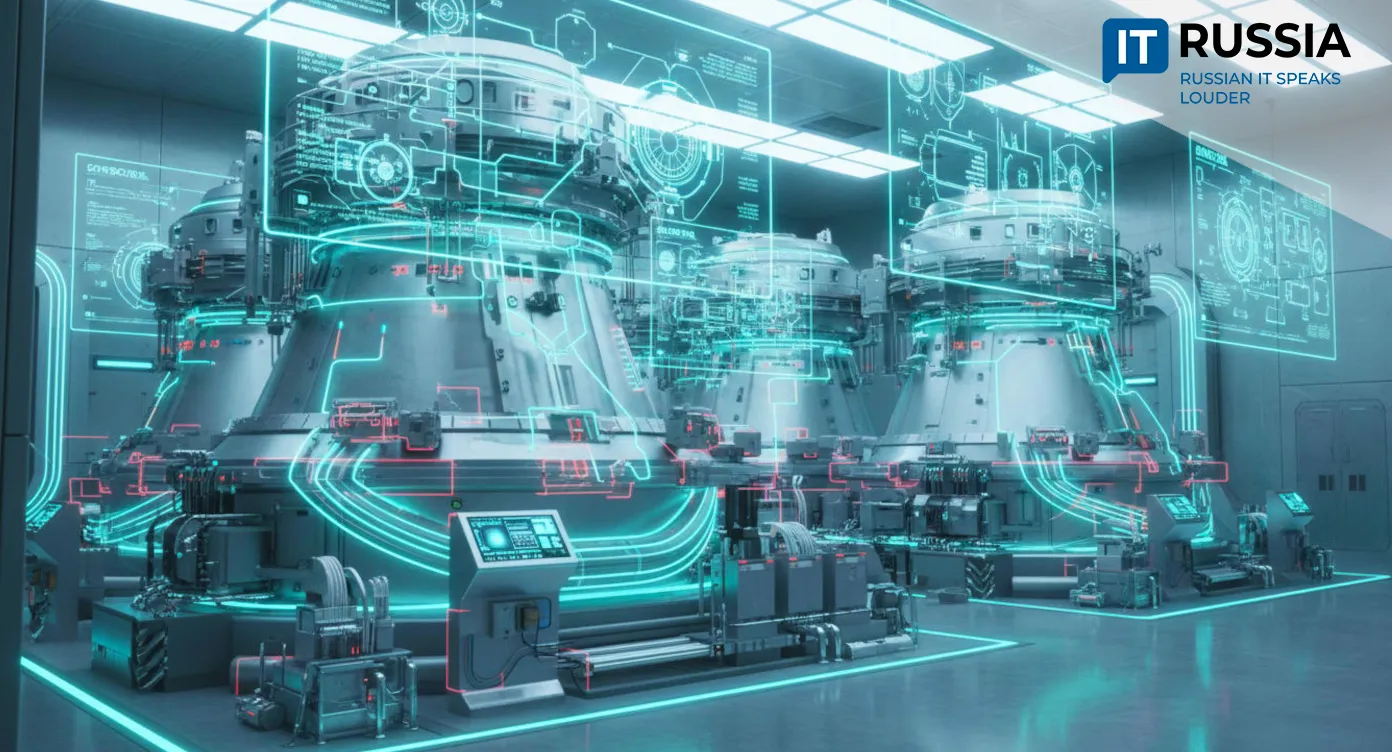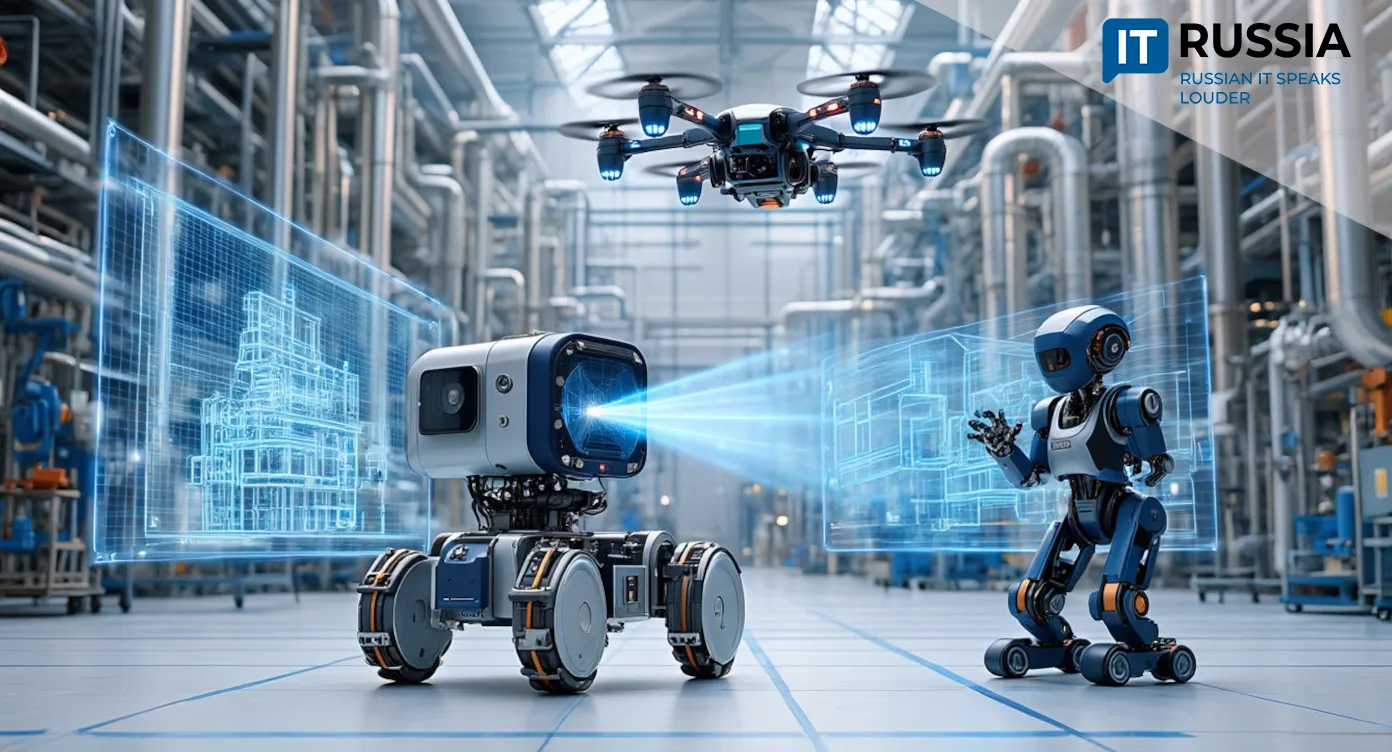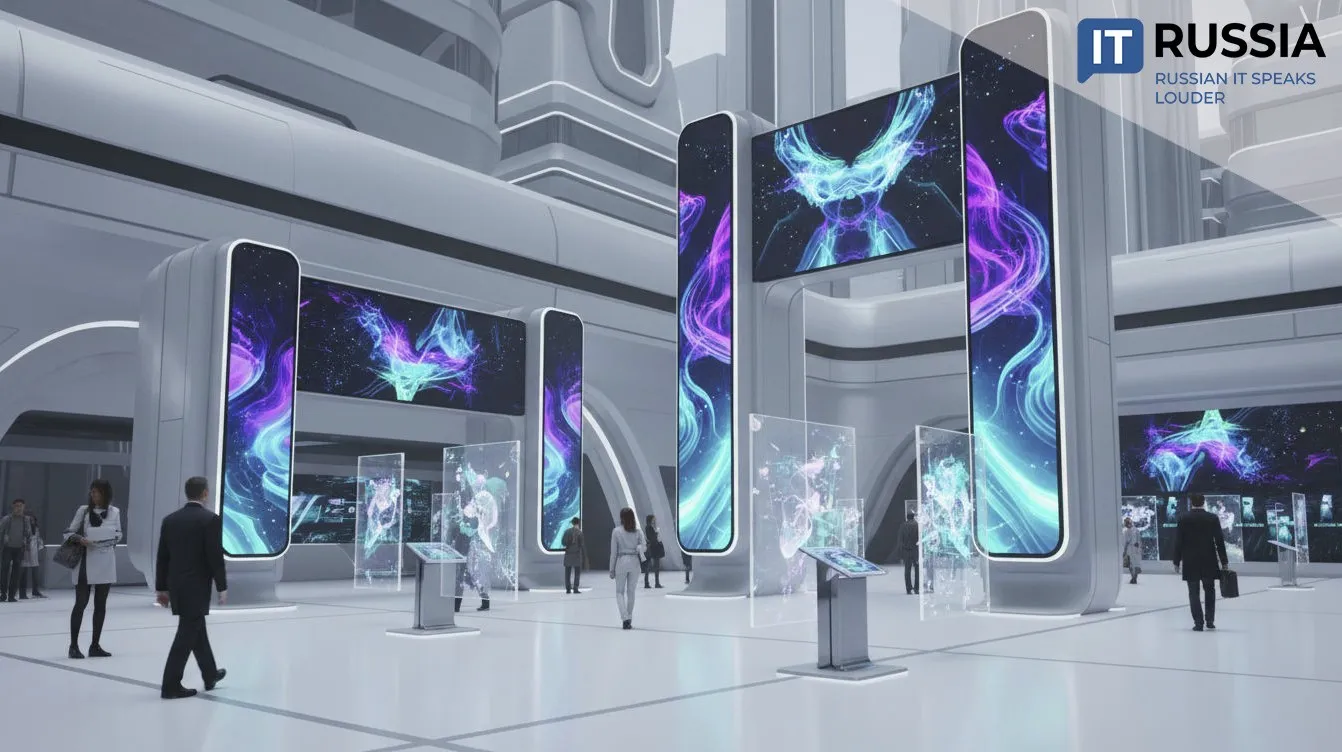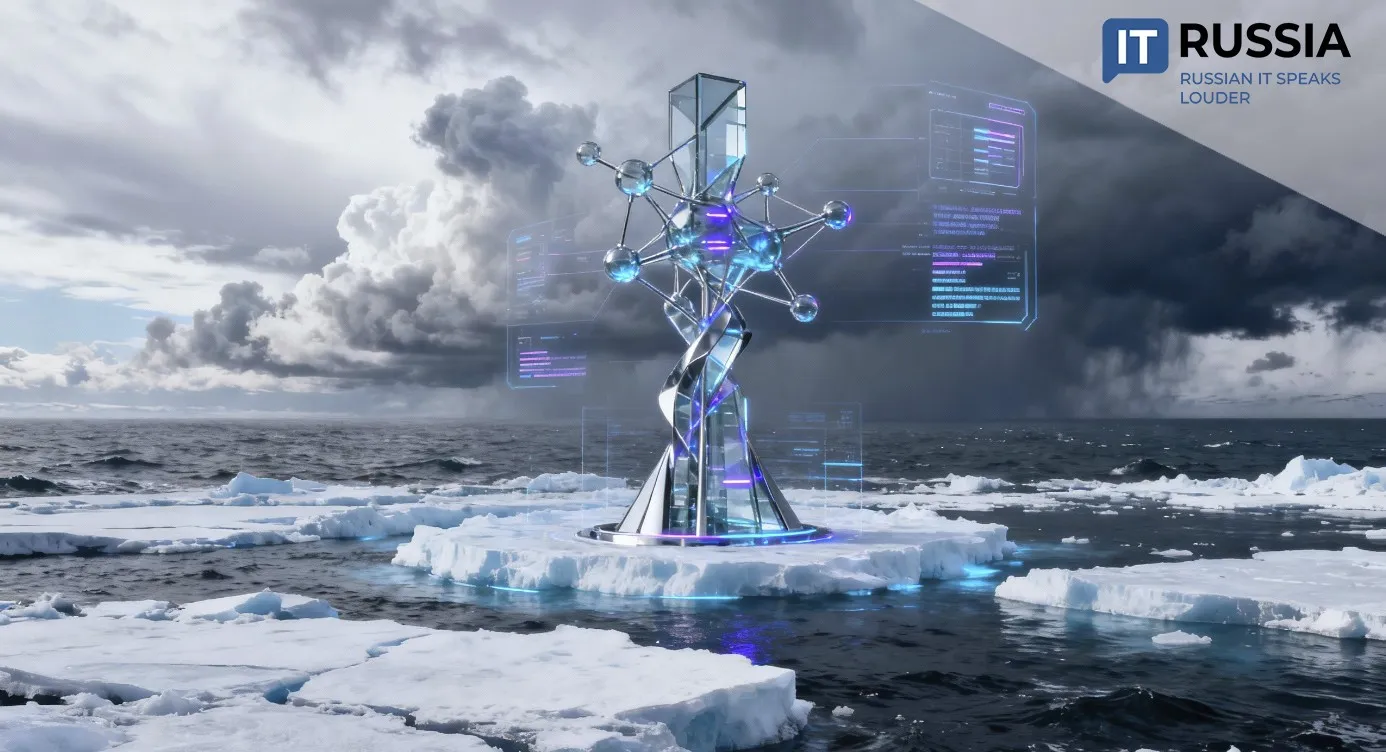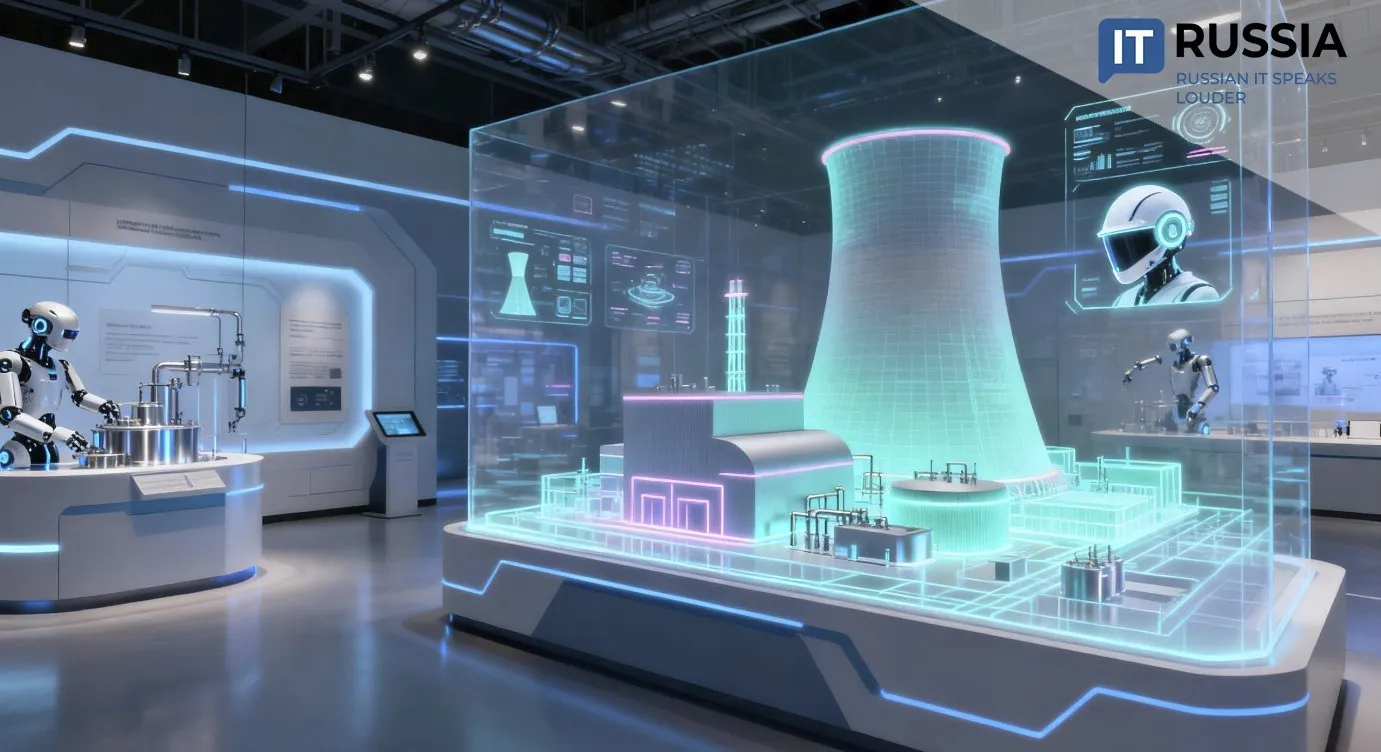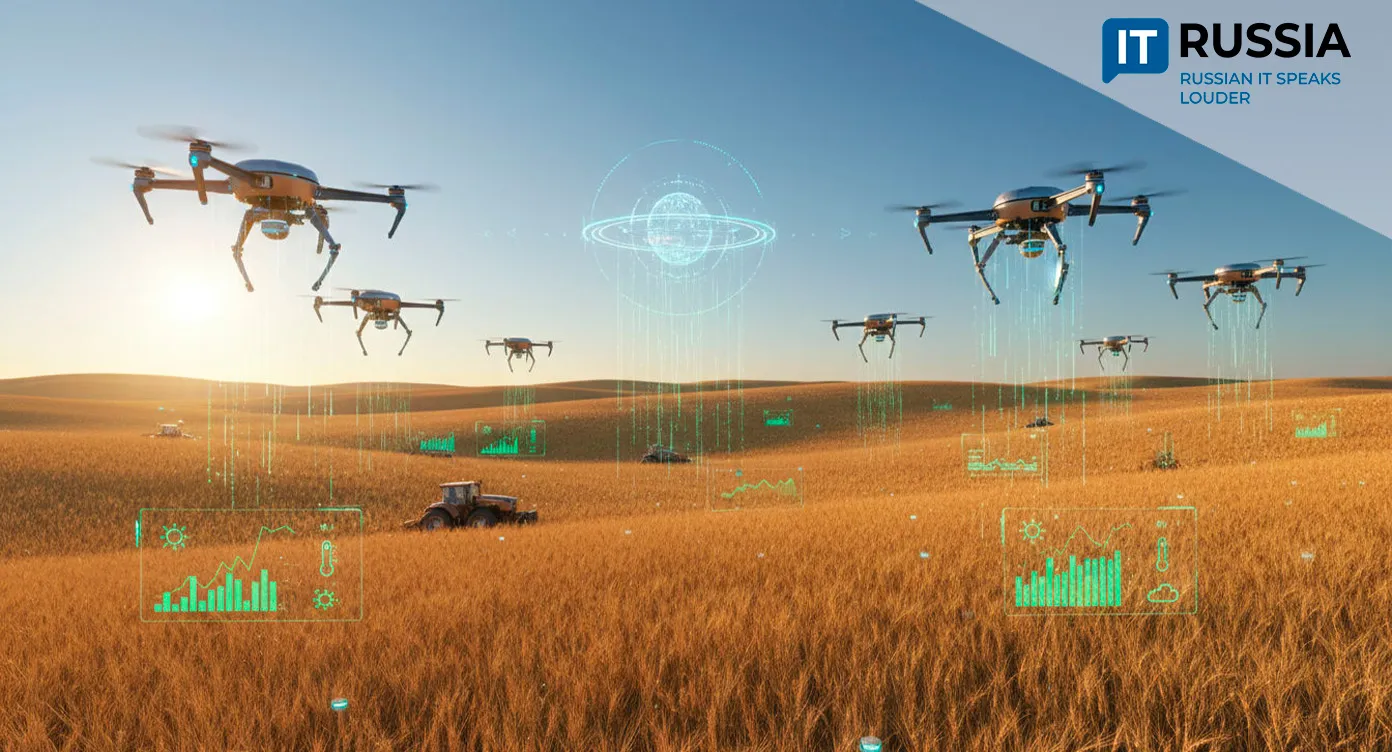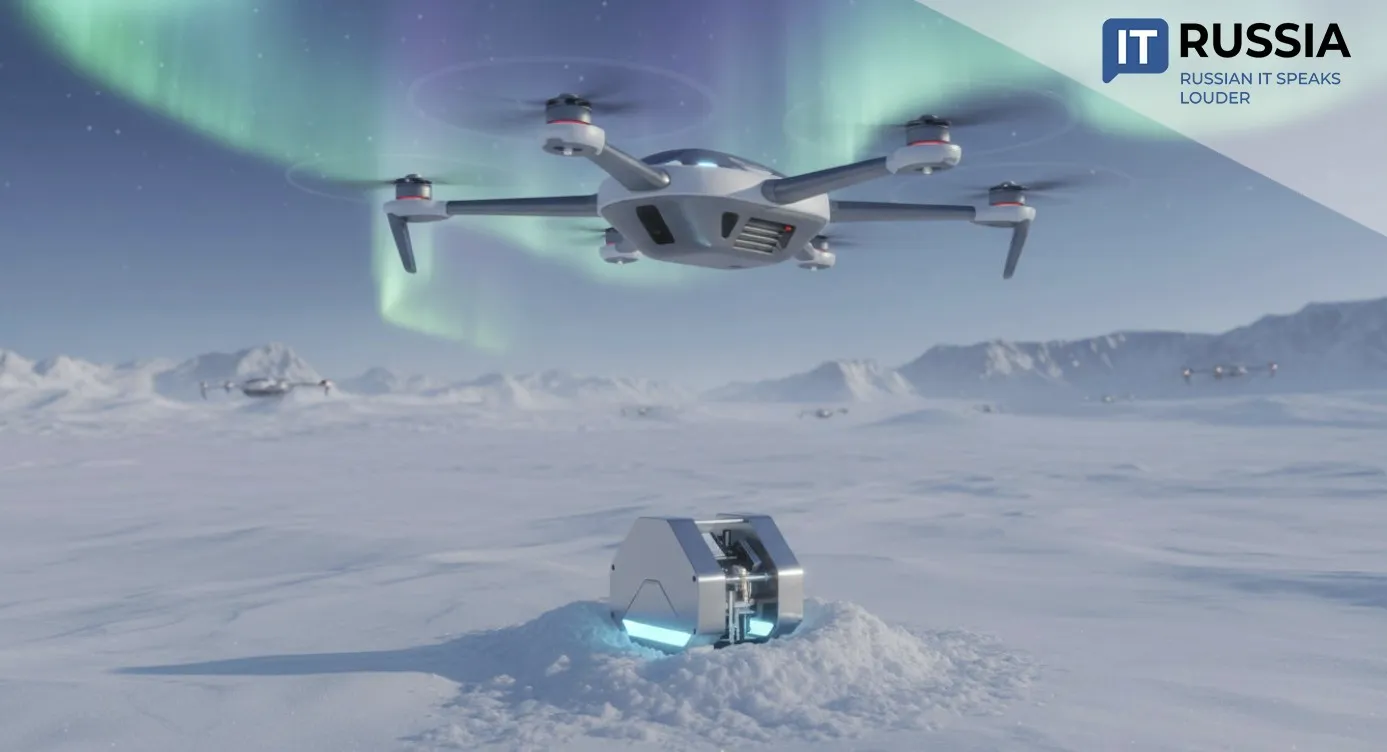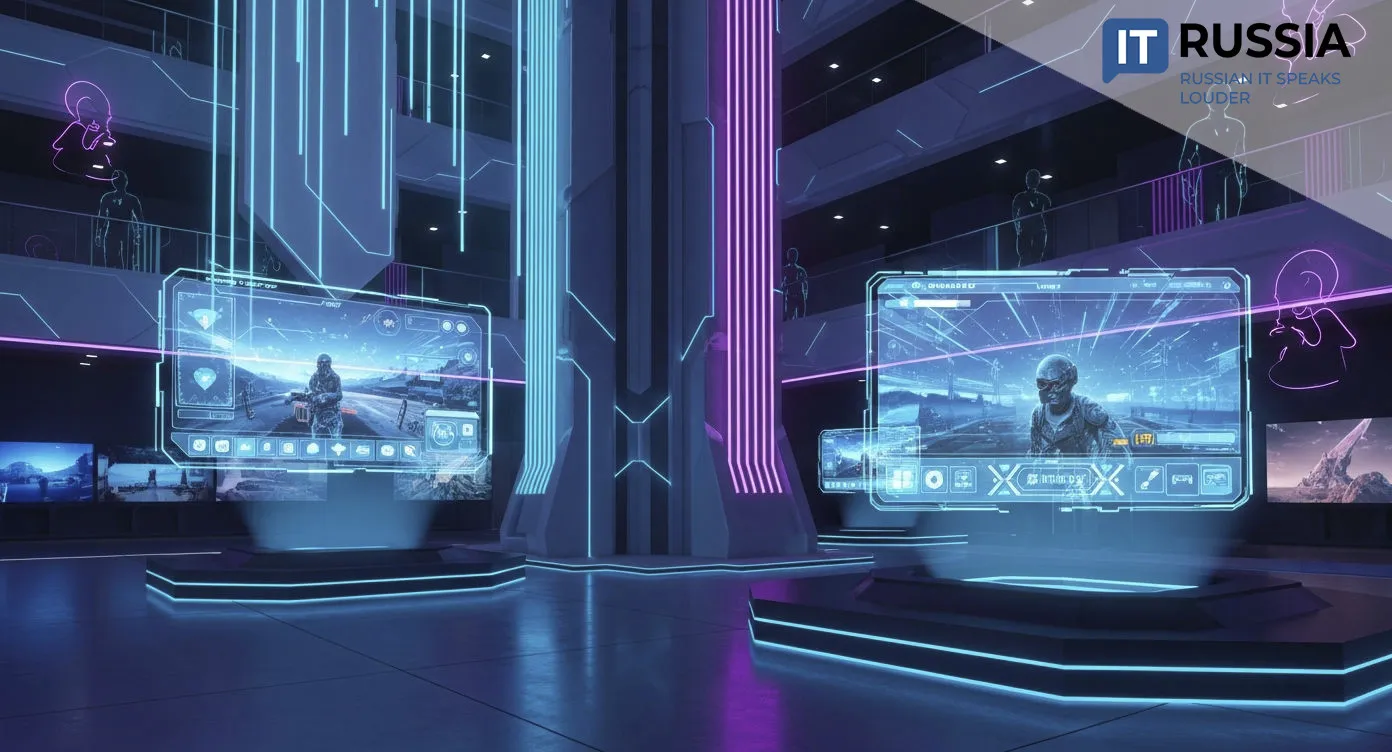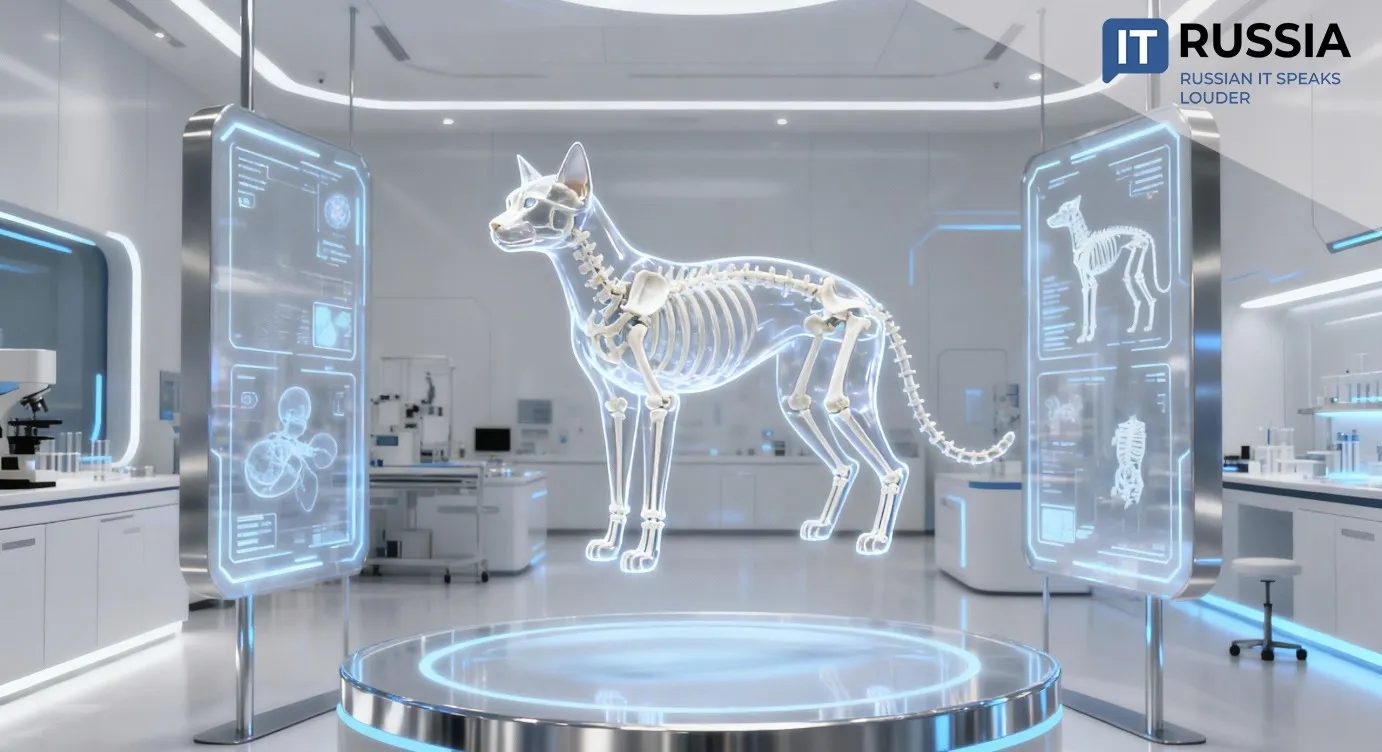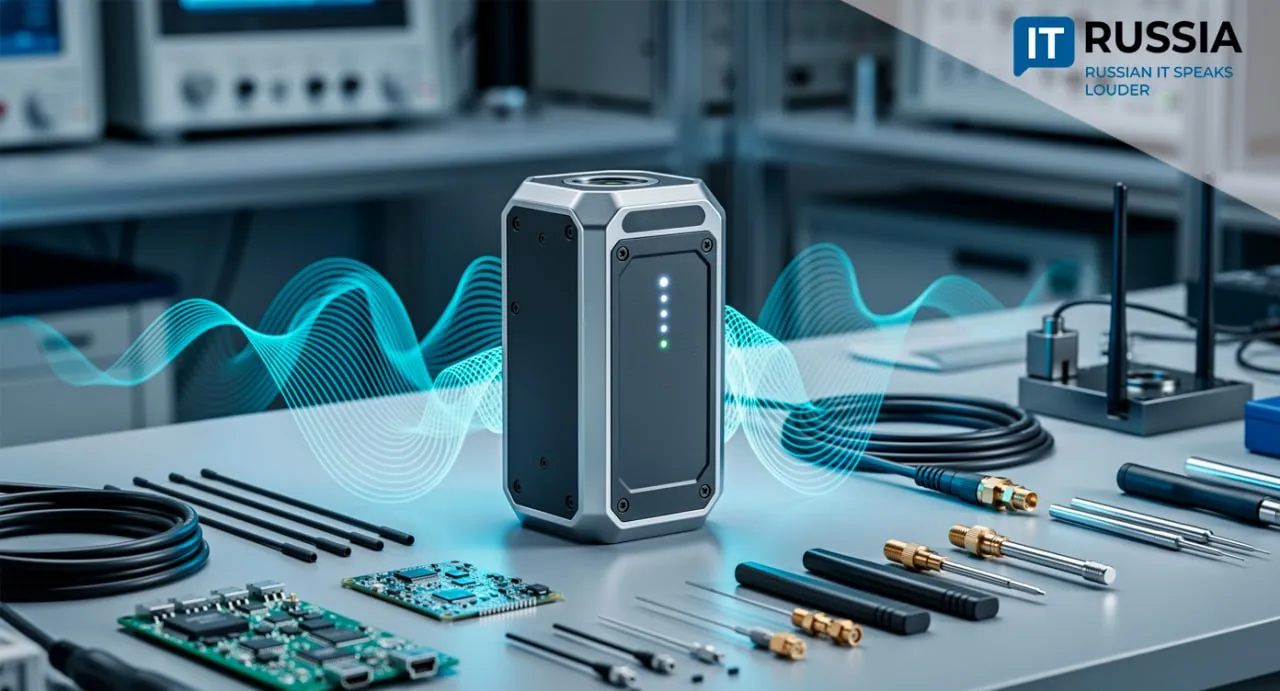Digital Beacons of the Baltic
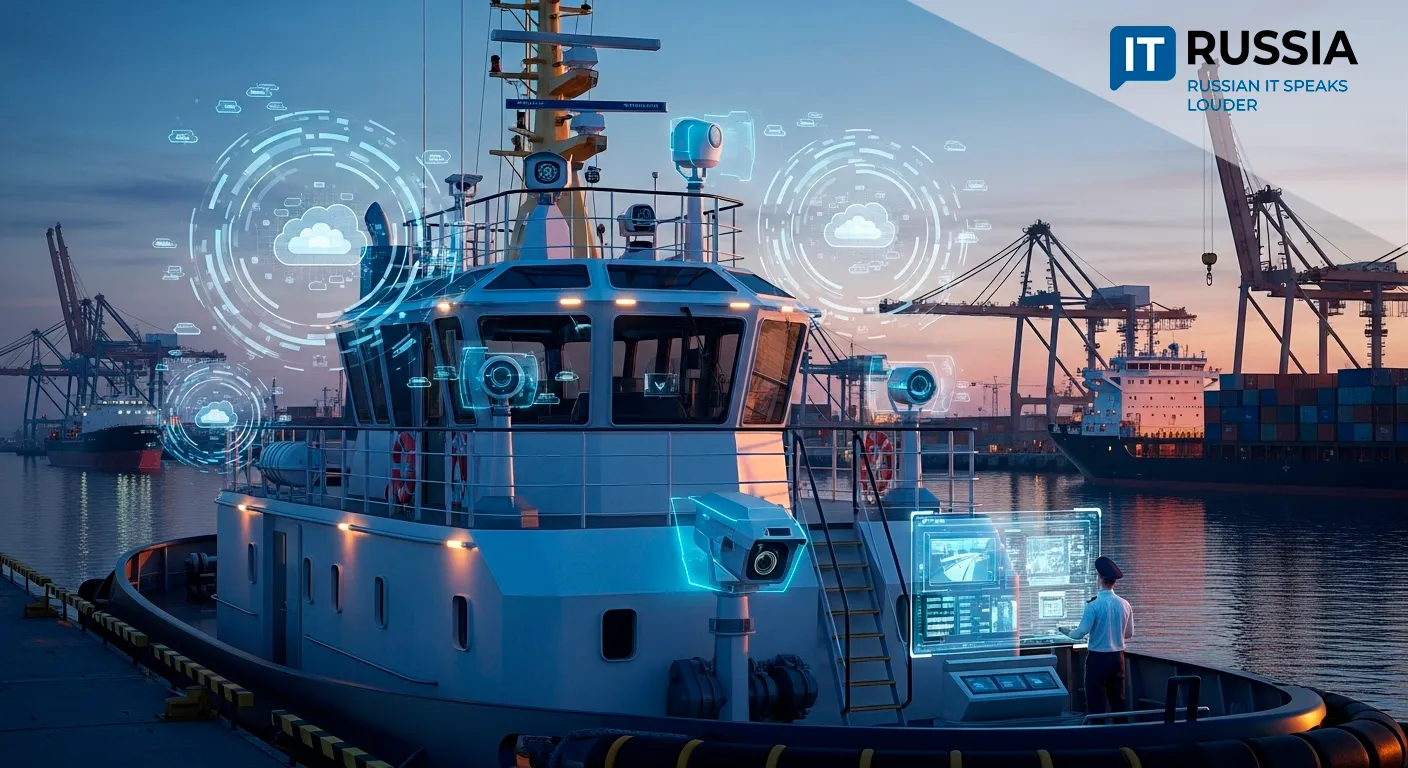
St.
Petersburg is pushing the boundaries of maritime innovation, as a new
AI-powered video surveillance system brings smart port technology to life.
Technological Leap in Russia’s Northern
Ports
An advanced surveillance system called “Sfera,” developed through a partnership between MTS and Armada, is redefining how safety and operations are managed on Russian tugboats. Installed on eight tugboats operating in the Port of St. Petersburg, the software-hardware platform provides real-time, 24/7 monitoring of key areas onboard — from the captain’s bridge to the bow and stern.
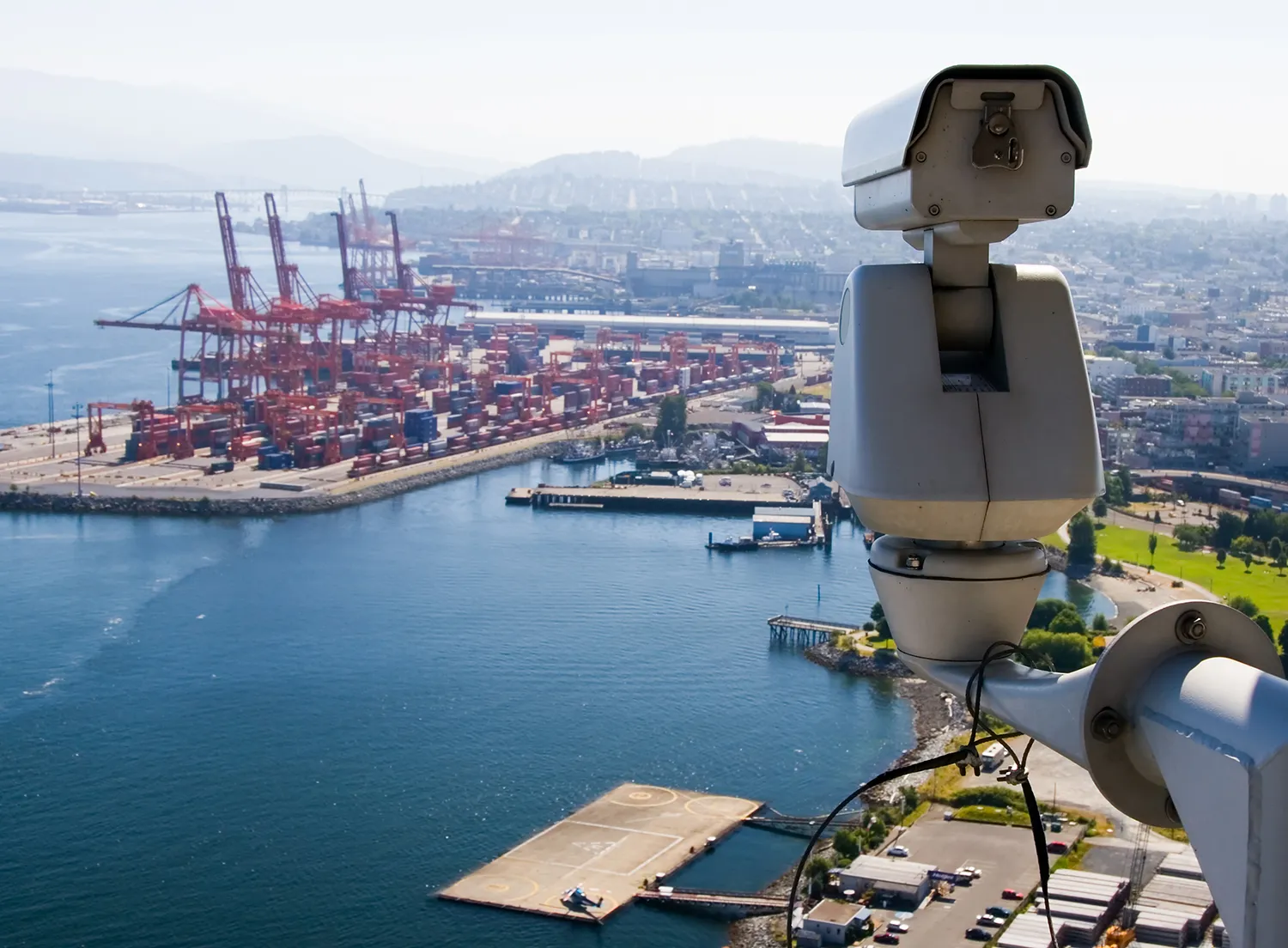
Unlike traditional CCTV setups, Sfera allows large volumes of video data to be transmitted via stable cellular networks and stored securely in the cloud. AI-enabled analytics automatically detect incidents and alert relevant services, minimizing risks and enhancing operational efficiency.
Evgenia Cherkasskikh, CEO of Armada, emphasized the comprehensive nature of maritime safety: “The state of the crew and the technical condition of the vessel directly affect not only the success of a voyage but the safety of cargo and, most importantly, human lives. With modern technology, we can monitor situations onboard in real-time and respond instantly.”
Global Reach and Export Potential
Sfera also showcases Russia’s ambitions to become a leader in maritime tech exports. Russian transport safety technologies have already achieved more than $3 billion in global sales, with maritime systems emerging as a promising sector.
MTS, already marketing its digital services in Belarus, Kazakhstan, Indonesia, Africa, and the UAE, is now eyeing the global maritime market. Sfera is well-suited for shipping-heavy countries seeking reliable remote monitoring tools. Experts suggest Russian tech could thrive in developing regions lacking established IT ecosystems.
Armada, with a fleet based in St. Petersburg, Vyborg, Ust-Luga, Murmansk, and Vladivostok, plans to expand use of Sfera across its operations.
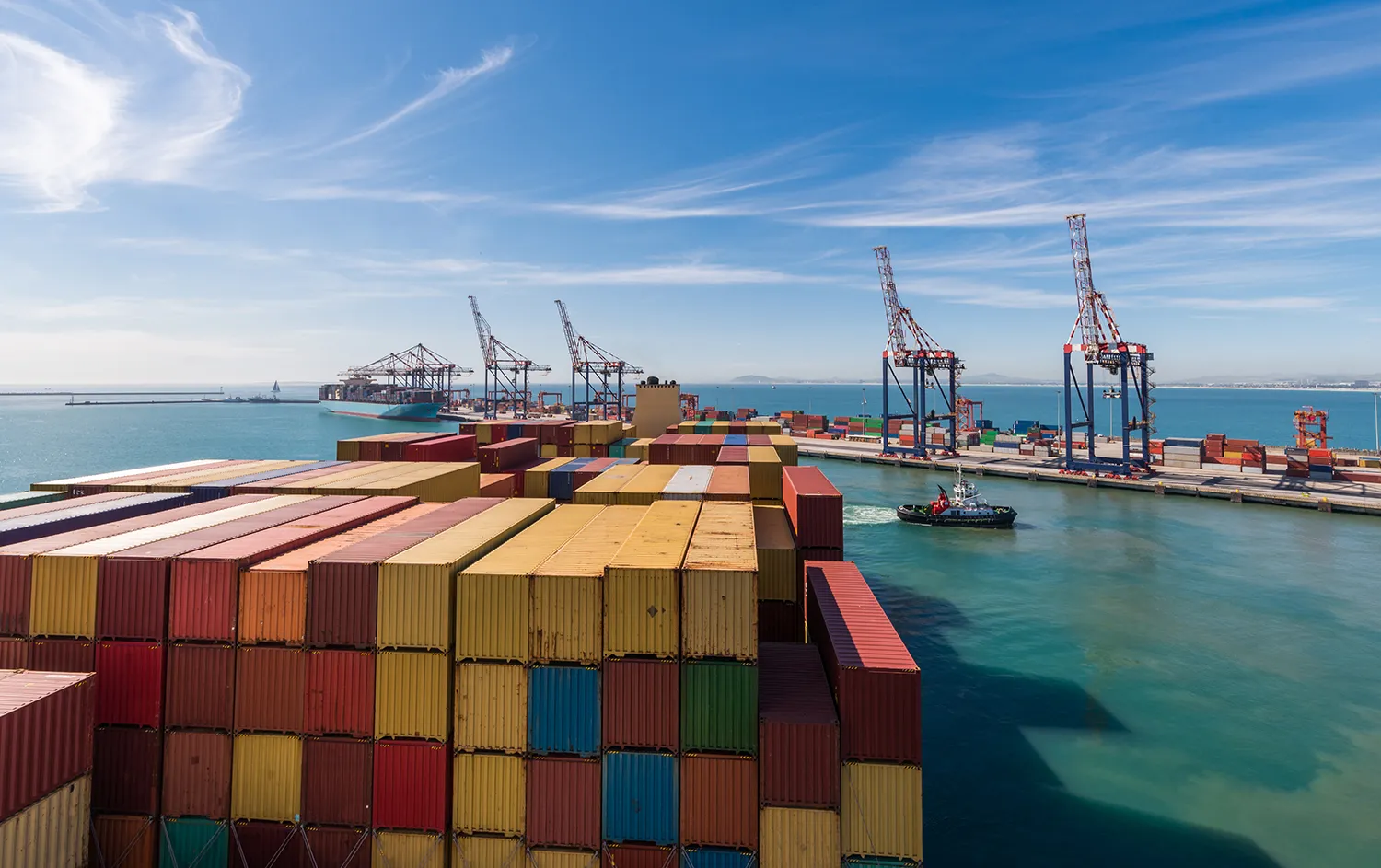
From Pioneers to Global Leaders
Russia’s maritime IT journey is rooted in decades of development. As early as 2016, domestic companies began promoting digital navigation and marine robotics. By 2023, Vladivostok’s port had adopted automation systems that boosted efficiency by 20%. That same year, Rosmorport successfully transitioned Sochi’s Vessel Traffic Management System (VTMS) to Russian-developed software, outperforming the imported alternative.
Today, digital transformation is central to national transport policy. Strategic goals through 2030 include building infrastructure for autonomous navigation via e-Navigation and integrating smart technologies — IoT, Big Data, blockchain — into everyday port operations.
Toward 2035, Russia aims to quadruple investment in domestic maritime IT, with ports becoming fully robotic logistics hubs requiring minimal human input.
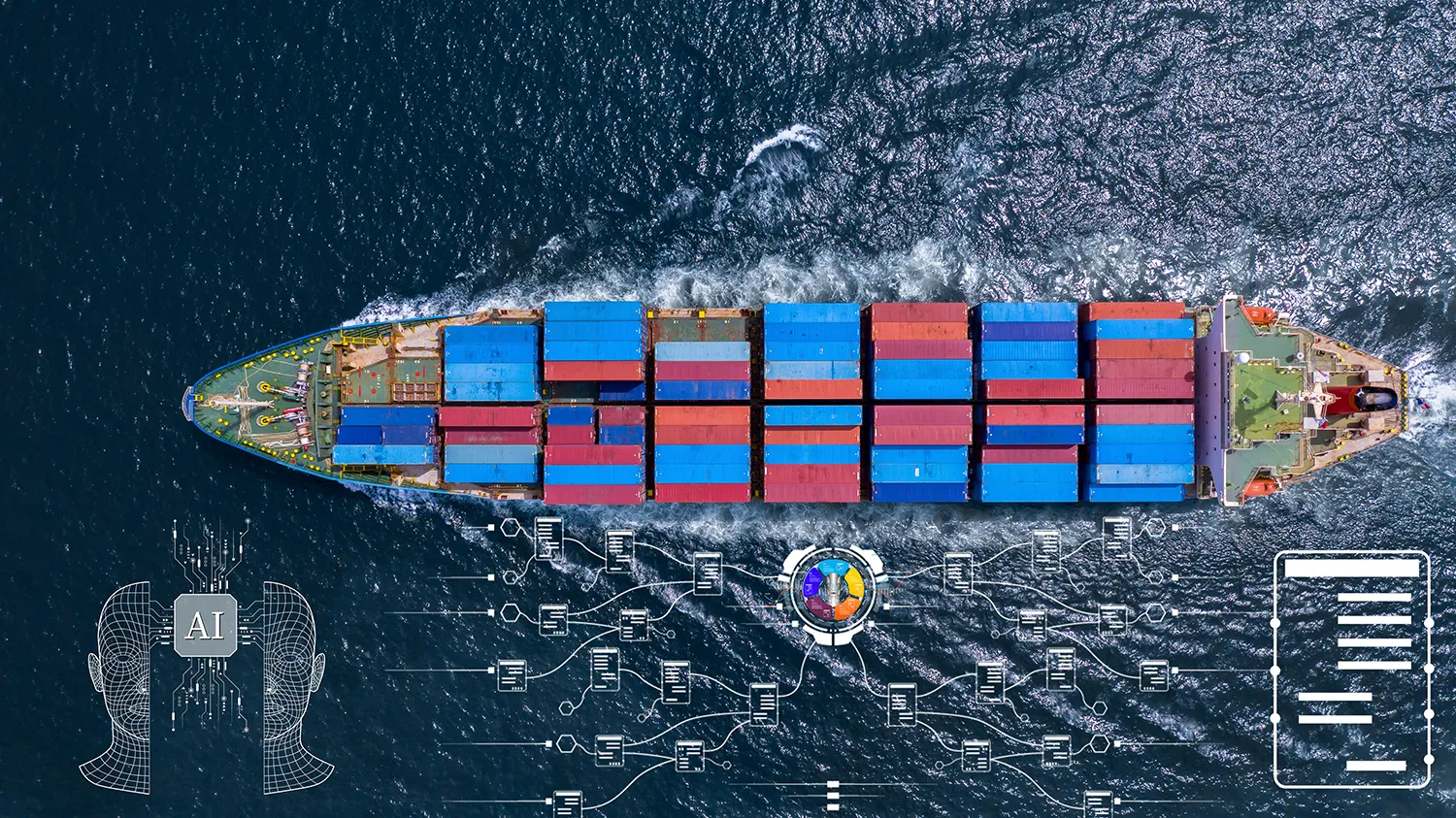
Setting the Course for Maritime Innovation
The Sfera deployment underscores Russia’s readiness to lead in smart shipping. The success of the initial eight-tugboat implementation paves the way for scaling across diverse vessel types. AI-powered video systems like Sfera are expected to become standard for all commercial ships, improving safety and efficiency in the age of digital logistics.
















